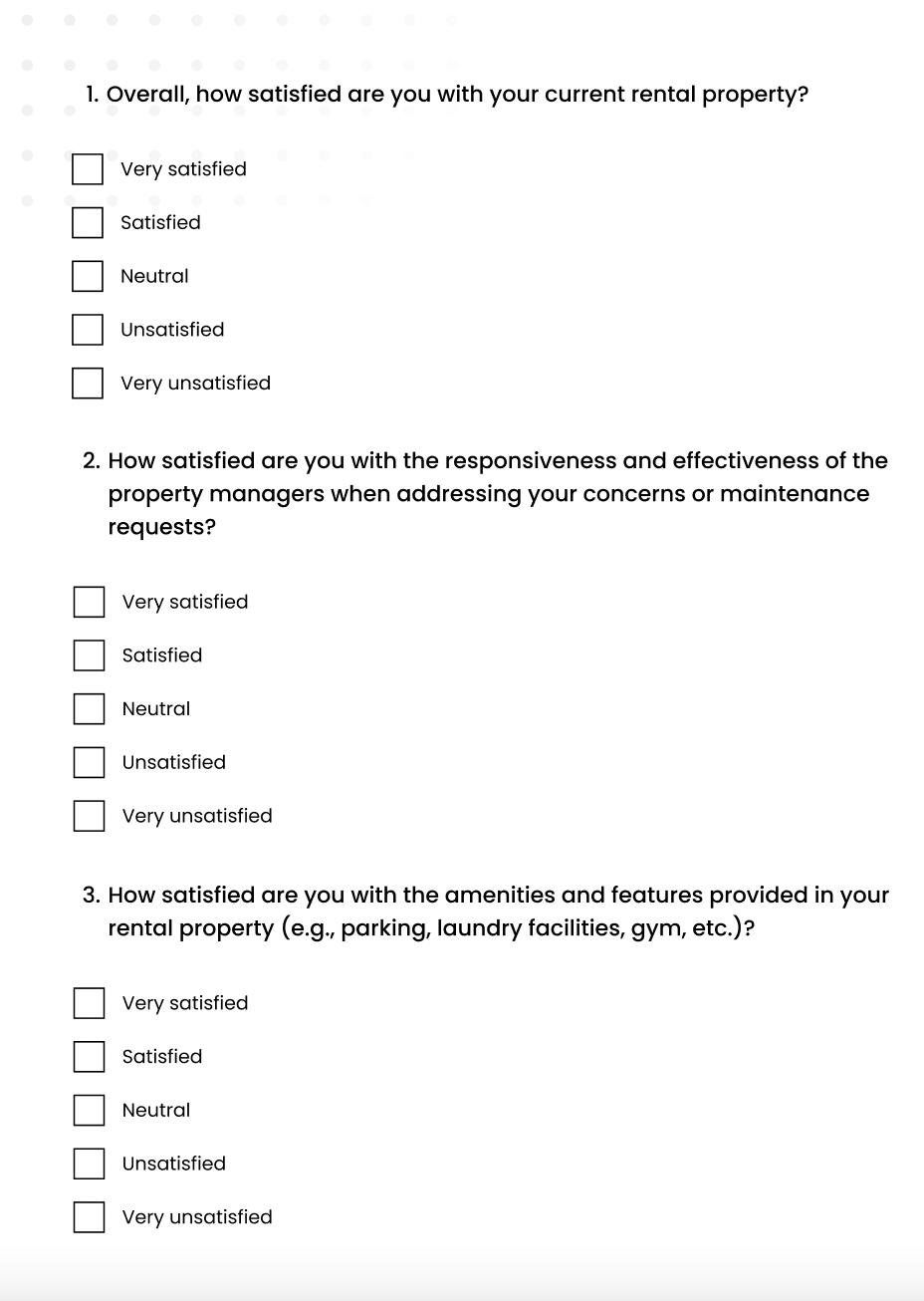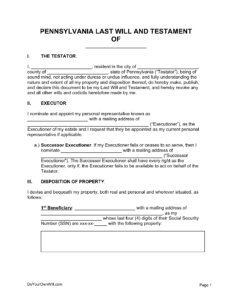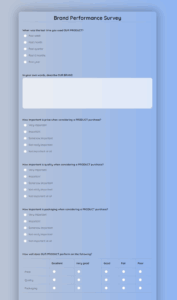In the bustling world of commercial real estate, landlords and property managers often focus on acquisition and occupancy rates. However, what truly underpins long-term success isn’t just getting tenants in, but keeping them happy and thriving. A satisfied commercial tenant is your best asset, contributing to consistent revenue, positive word-of-mouth, and a vibrant property environment. But how do you truly gauge that satisfaction? You can’t just guess, and anecdotal evidence only goes so far.

The answer lies in proactive communication, specifically through structured feedback mechanisms. Implementing a well-designed tenant satisfaction survey is paramount. It’s a direct line to understanding your tenants’ needs, pinpointing areas for improvement, and ultimately, fortifying your relationships. This article will guide you through why having a robust commercial tenant satisfaction survey template is not just a good idea, but an essential tool for any forward-thinking property professional.
The Untapped Power of Tenant Feedback for Commercial Properties
Think about it: your commercial tenants are running businesses, often with significant overheads and specific operational needs. Their satisfaction isn’t just about comfort; it directly impacts their bottom line and, by extension, yours. Regularly soliciting feedback through a dedicated survey helps you stay ahead of potential issues before they escalate into costly problems like tenant churn or negative reviews. It’s an investment in your property’s future, ensuring sustained profitability and a sterling reputation.
A comprehensive survey allows you to identify pain points that might not be immediately obvious. Is the HVAC system consistently underperforming? Are cleaning services meeting expectations? Is parking adequate for their clients and employees? These are the granular details that, when unaddressed, can chip away at a tenant’s overall experience. By asking the right questions, you gain actionable insights that empower you to make informed decisions about property upgrades, service provider changes, or even lease negotiations.
Moreover, demonstrating that you genuinely care about your tenants’ experience fosters a sense of partnership. When tenants feel heard and valued, they are far more likely to renew their leases, even if other competitive options arise. This proactive approach significantly reduces vacancy rates, saving you the substantial costs associated with marketing, tenant improvements for new occupants, and lost rental income during turnover periods. Ultimately, a happy tenant is a loyal tenant.
It’s not just about problem-solving; it’s about identifying opportunities for improvement and excellence. Perhaps your tenants would appreciate a shared conference room, upgraded internet infrastructure, or even better landscaping. These insights, gathered systematically, can transform your property from just a space into a thriving business community, attracting more high-quality tenants in the long run. Without a structured survey process, these valuable insights might remain hidden.
Key Areas to Cover in Your Survey
- Building Maintenance and Cleanliness: Are common areas, restrooms, and external spaces well-maintained and clean?
- Property Management Responsiveness: How quickly and effectively are maintenance requests handled? Is communication clear and professional?
- Safety and Security: Do tenants feel safe within the property? Are security measures adequate?
- Amenities and Common Areas: Are facilities like parking, elevators, and lobbies clean, functional, and meeting expectations?
- Lease Terms and Billing Clarity: Is the lease agreement clear? Is billing accurate and easy to understand?
- Overall Satisfaction and Likelihood to Renew/Recommend: A critical measure of their complete experience and future intentions.
Crafting an Effective Commercial Tenant Satisfaction Survey Template
Developing a survey isn’t just about listing questions; it’s about designing an experience that encourages honest and comprehensive feedback. The effectiveness of your commercial tenant satisfaction survey template hinges on its clarity, conciseness, and ability to capture both quantitative data and qualitative insights. Start with a mix of question types. Rating scales (like a 1-5 scale for satisfaction) provide measurable data points, allowing you to track trends over time and compare performance across different aspects of your property. These are invaluable for creating benchmarks and setting improvement goals.
Equally important are open-ended questions. While rating scales tell you “how much,” open-ended questions reveal “why.” For instance, a low rating on maintenance might be clarified by a tenant explaining specific issues with a particular service or a recurring problem. These qualitative insights provide the nuance needed to truly understand the root cause of dissatisfaction and inform targeted solutions. Encourage tenants to elaborate and provide specific examples, as this detailed feedback is often the most actionable.
Consider the length and frequency of your survey. Tenants are busy, so a lengthy or overly frequent survey might lead to low response rates. Aim for a balanced approach: comprehensive enough to gather meaningful data, but concise enough to respect their time. Annual or bi-annual surveys are typically ideal for commercial properties, supplemented perhaps by more frequent, short check-ins for specific issues if needed. Make sure to provide options for anonymity; this often encourages more candid responses, especially if tenants fear potential repercussions for negative feedback.
Finally, the survey itself is only half the battle. What you do with the feedback is what truly matters. After collecting responses, analyze the data thoroughly. Identify recurring themes, prioritize critical issues, and develop an action plan. Most importantly, communicate back to your tenants about the changes and improvements being made as a direct result of their input. Closing this feedback loop reinforces that their opinions are valued and demonstrates your commitment to their satisfaction, thereby strengthening your tenant relationships significantly.
Implementing a regular feedback system through a well-structured survey is a foundational element for success in commercial property management. It provides a clear, actionable roadmap for enhancing your services, optimizing your facilities, and fostering a positive environment that encourages long-term tenancy. By consistently gathering and acting upon tenant feedback, you transform potential challenges into opportunities for growth and deeper engagement.
Ultimately, investing in a robust approach to understanding your commercial tenants’ needs isn’t just good practice; it’s a strategic imperative. It builds a reputation for excellence, supports higher tenant retention rates, and ensures that your commercial property remains a desirable and profitable location for businesses for years to come. Your proactive efforts today will pave the way for a more stable and prosperous tomorrow.



